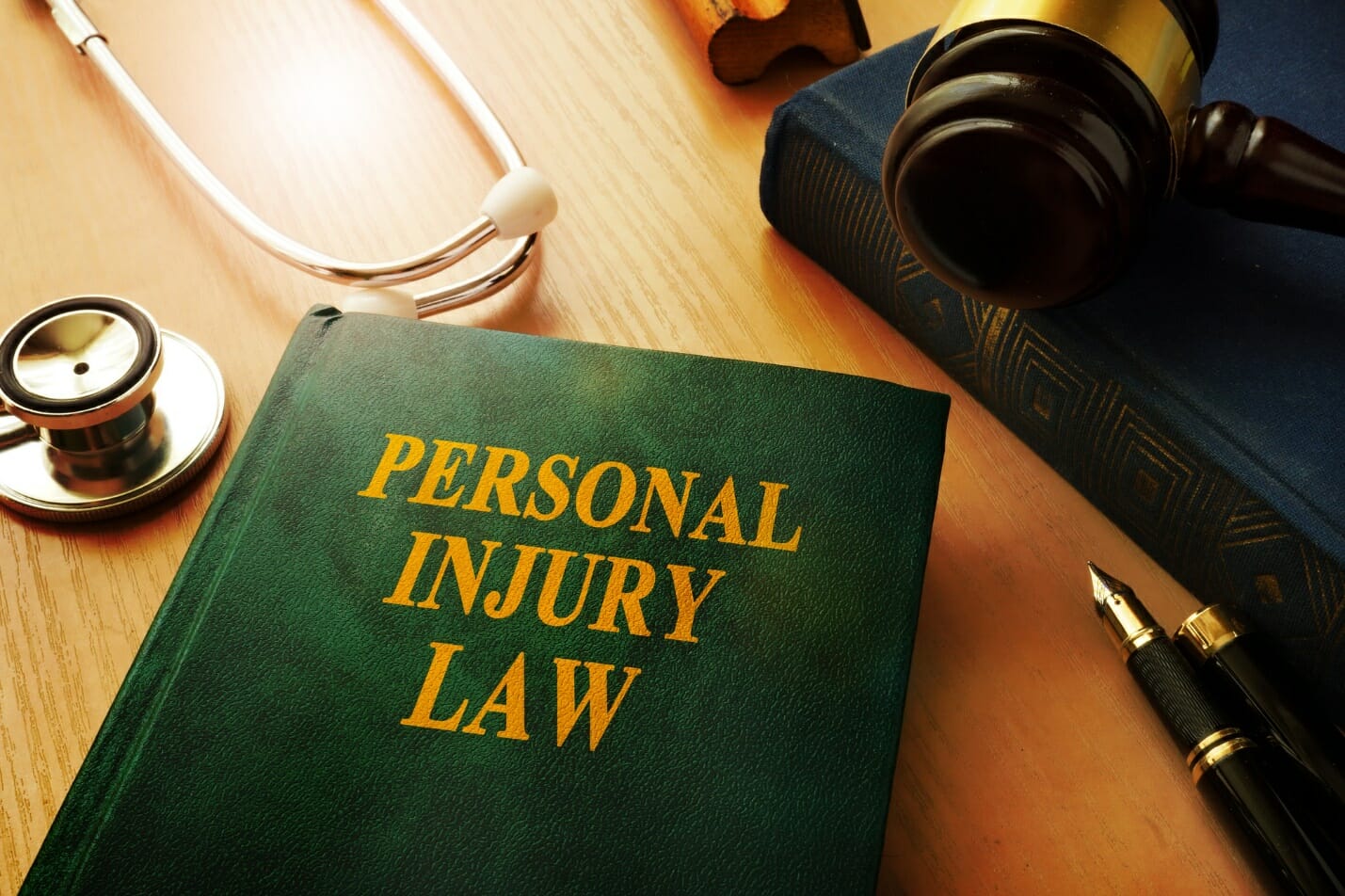One minute life is going great, and in another – your world flips upside down. That’s the story for millions of Americans who experience personal injuries every year. A personal injury can have lasting implications on how you live your life and what you can achieve physically and mentally.
A personal injury isn’t limited to physical outcomes, it can be a trauma leaving lasting emotional scarring on your psyche. So, what counts as a personal injury anyway? How does the law define it? What might seem clear to you, might seem hazy in the eyes of the law, so it’s important to have a clear understanding of what constitutes a personal injury before you can do something about it.
You see, not every injury counts toward what the legal system considers a personal injury. There are certain circumstances and elements associated with it. So, let’s unpack the legalese around the topic and give you a clear understanding of personal injuries.
What is the Legal Definition of a Personal Injury
Personal injury is the legal term the courts and its representatives use to describe harm inflicted upon an person, whether it physical, emotional, or mental, due to negligence or intentional harmful actions of another entity or person. In essence, it encompasses a wide range of situations where individuals may suffer harm.
The personal injury law definition provides a clear framework enabling individuals who have suffered harm at the hands of others to seek compensation for their pain and suffering, medical expenses, lost wages, and other related costs. Its primary goal is to provide financial relief and justice to those who experience a wrongful injury.
In a personal liability case, proving negligence is crucial to achieving a successful settlement. It signifies a failure to exercise a standard of reasonable care, leaving the person injured due to someone else’s negligence. Victims can recover compensation, if they have proof the responsible party breached this standard of duty of care.
Some of the most common injuries that qualify under the personal injury definition and code include.
- Bicycle accidents
- Boating accidents
- Brain trauma
- Burns injuries
- Car accidents
- Construction accidents
- Dog bites
- Drunk driving accidents
- Medical malpractice
- Accidents involving motorcycles
- Nursing home abuse/neglect
- Pedestrian-vehicle collisions
- premises liability
- Product Liability
- Slip and fall cases
- Spinal injuries
- Truck accidents
- Work injuries
- Wrongful dea
Understanding Personal Injury Lawsuits
Generally speaking, a personal injury lawsuit is the civil, legal action filed with a court by a person who has suffered an injury or harm due to the negligence or intentional acts of another party. More simply put, it is the way a person who has been injured can go about seeking compensation for his or her losses.
Suppose you were involved in a car accident that another person caused. By the statute of limitations for Arizona personal injury cases, if you were injured in that case, you would be able to sue this responsible person.
This is a way of taking responsibility for the harm one causes and be entitled to compensation against financial needs, particularly medical bills, wages lost and impacts the injury has brought to your life in general.
It usually consists of filing a legal complaint, mentioning the details of the incident and punitive damages suffered. The defendant, being the offender, may answer in response to a complaint filed. From there is the gathering of evidence on both sides during discovery, negotiations may follow, and either the case goes for settlement or trial.
A personal injury case is a legal tool providing a path to justice and compensation, which ensures those injured wrongfully have the wherewithal to address the consequences of the harm he or she has suffered.
Understanding Personal Injury Claims
A personal injury claim is a court appeal filed by a person through his or her lawyer against another person or legal entity, like a company. The claim is a legal process resulting from the other party’s carelessness or negligence that has caused damage or injury to the complainant. Simply put, a personal injury claim is the action of filing for monetary recovery of damages incurred surrounding the pain and suffering someone endured from one of the injuries we discussed earlier.
Qualifying claims include monetary compensation for pain and suffering, accumulation of medical bills, or loss of income, keeping the finical burden off the shoulders of the injured party. The legal process surrounding a claim often involves negotiations with the at-fault party or their insurance carrier, resulting in a settlement out of court, or, if necessary, legal action to ensure the injured party receives fair compensation.
The goal is to bring the responsible party to justice and obtain compensation that covers their medical expenses, lost wages, and the overall effects of the wrongful injury on the individual’s life. A wrong injury in this case can cause disturbances in one’s life in many respects but knowing what a personal injury claim is may provide you with a legal way to cope with the consequences.
Wrapping Up – You Need Legal Representation
Understanding personal injury is vital to any person who tries to negotiate this legal maze. Whether the harm involves an automobile injury, an injury at work, or any situation where physical, emotional, and reputation injuries occur, understanding the expanse of personal injuries and its legal definition will better enable individuals to seek deserved compensation.
But let’s remind you: not every incident constitutes a personal injury. There are specific legal elements that make up a personal injury claim. You need proof of negligent acts or intent by the defendant to injure you or provide unsafe conditions leading to your injury. You also need evidence that links their actions to your injuries.
Keep in mind the Arizona personal injury statute of limitations, you have only two years from the date of the accident to file your personal injury claim and open your case. Don’t let the clock run out on your claim!
Speak with one of the attorneys at the Stone Rose Law for guidance and support in moving forward towards achieving a fair resolution.




